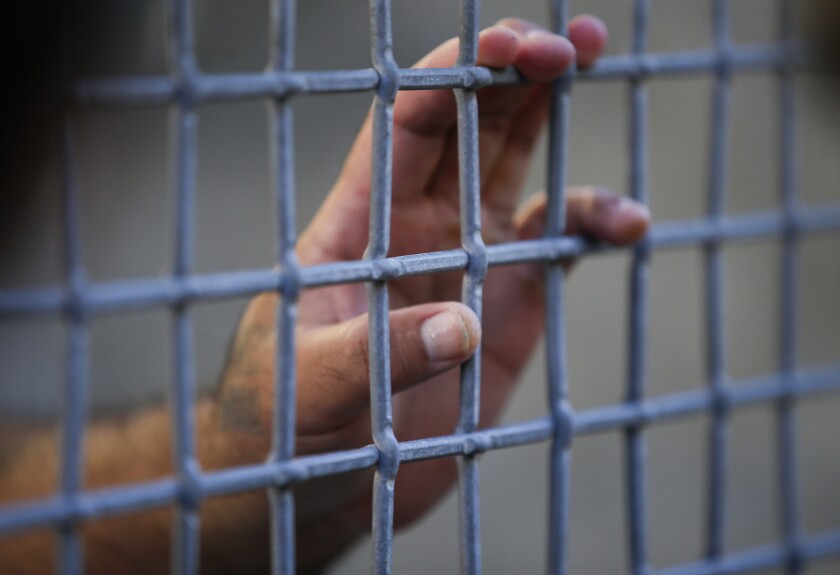R. B. Gibson
Medicine, Health Care and Philosophy
https://doi.org/10.1007/s11019-020-09980-1
Abstract
In their 2008 paper, Persson and Savulescu suggest that for moral bioenhancement (MBE) to be effective at eliminating the danger of ‘ultimate harm’ the intervention would need to be compulsory. This is because those most in need of MBE would be least likely to undergo the intervention voluntarily. By drawing on concepts and theories from epidemiology, this paper will suggest that MBE may not need to be universal and compulsory to be effective at significantly improving the collective moral standing of a human populace and reducing the threat of ultimate harm. It will identify similarities between the mechanisms that allow biological contagions (such as a virus) and behaviours (such as those concerned with ethical and unethical actions) to develop, spread, and be reinforced within a population. It will then go onto suggest that, just as with the epidemiological principle of herd immunity, if enough people underwent MBE to reach a minimum threshold then the incidence and spread of immoral behaviours could be significantly reduced, even in those who have not received MBE.
Conclusion
The phenomenon of herd immunity is one that is critical in the field of vaccine epidemiology and public health. Once it takes effect, even those individuals who are unable to undergo vaccination are still able to benefit from a functional immunity from a biological agent. As such, a compulsory and universal programme of vaccination is not always necessary to achieve a sufficient protection rate against a contagious biological agent. It is this same line of reasoning which this paper has sought to employ, envisioning MBE as a form of vaccination against those types of behaviour that would lead to the realisation of UH (Ultimate Harm). Consequentially, this allows for the possibility of sufficient protection against the undesirable behaviours that would lead to UH without a need for a universal and compulsory enhancement programme.



